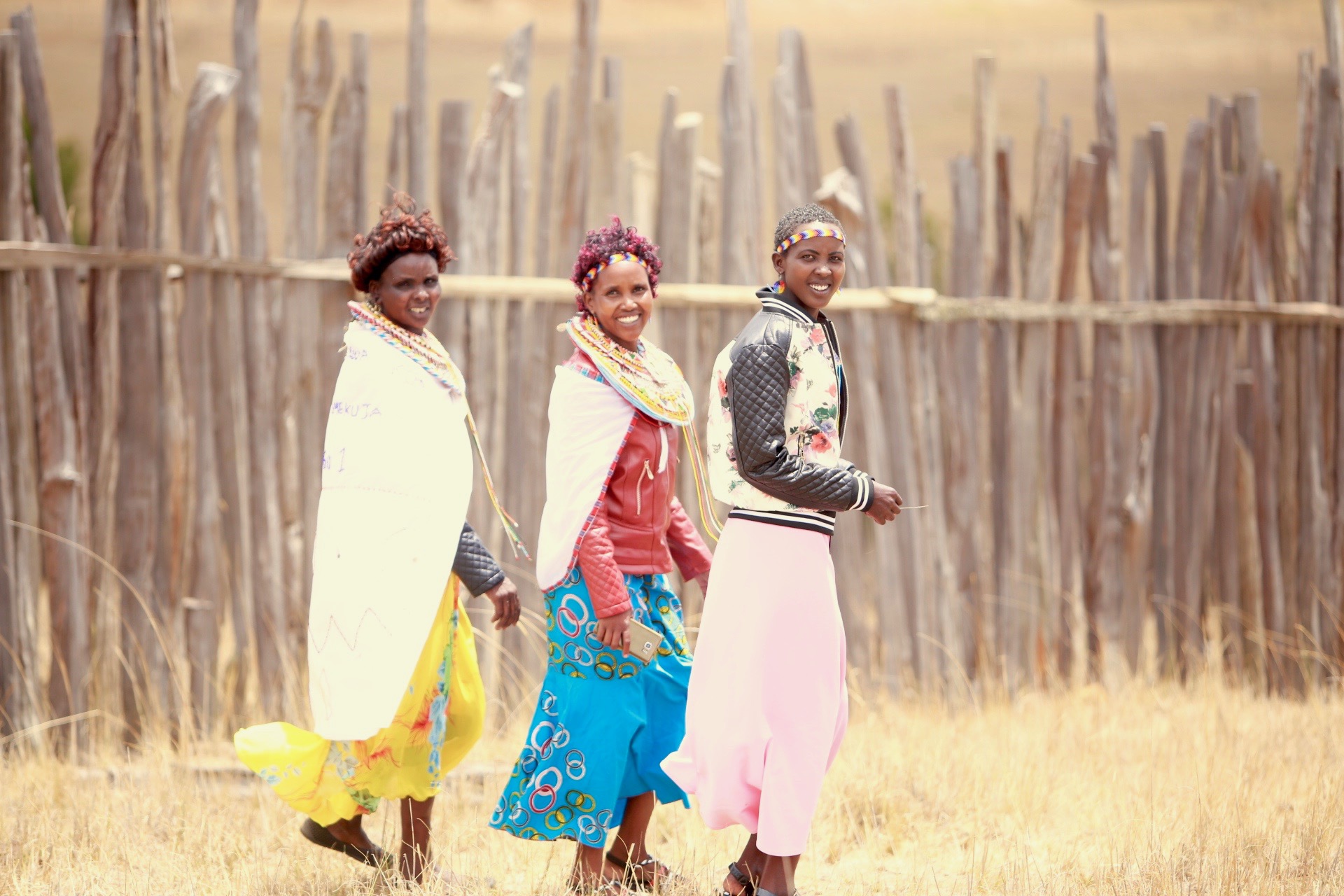The BOMA Project works in Northern Kenya and Eastern Uganda. These regions have been devastated by climate change.
Due to climate change, the Indian Ocean experiences dipoles, where the water temperature on the African side of the ocean is either higher or lower than the Australian side. In 2016, the Indian Ocean recorded higher temperatures in the East. This resulted in wind movements that caused a severe drought in East Africa. In 2020, temperatures were higher on the Western side of the Ocean. This caused heavy rain in Eastern Africa – during what would normally be the dry season.
“This (the unusually wet weather) has resulted in large displacement of populations, and fatalities from flooding and landslides.”
Laura Harrison, a specialist and operations analyst for the Climate Hazard Center at UC Santa Barbara.
Locusts breed in increased numbers during the wet season. Northern Kenya has seen two swarms of locusts in 2020 – with the second swarm being twenty times heavier than the first.

Alternating cycles of drought and flood have devastated grazing lands. The men can be gone for months upon months trying to find pasture for their livestock.

Women are left behind in their villages with children and little or no access to income. They struggle to survive day-to-day, earning a few coins through menial labor. They wash clothes. The burn charcoal. They rely on credit from shopkeepers.

The pastoralists of Northern Kenya belong to patriarchal societies. Men wield all the social and financial power. Women have limited say in their households. They have even lesser say in the control over the use and management of their livestock and natural resources.

Over a two-year period BOMA’s mentors coach women enrolled in the organization’s REAP program on multiple fronts.
Financial training sessions cover areas like supply and demand, profit and pricing, record keeping, and marketing. Life-skills sessions include household decision-making, the importance of educating children (especially girls), family planning, and the rights of women under the Kenyan constitution.

BOMA’s women entrepreneurs use the income from their businesses. BOMA’s women entrepreneurs open different kinds of businesses — from donuts shops to cellphone charging establishments and convenience stores.

Many of BOMA’s women entrepreneurs become livestock traders. Many of them weren’t allowed to own and operate business Today, over forty percent of traders at a livestock market are women. Many of them even employ men!

After owning their own businesses, BOMA’s entrpereneurs are able to feed and educate their children and break free of the inter-generational cycle of poverty.
And that’s not all. BOMA mentors also coach women on environmental issues like pasture and range use and improvement, water use and storage, and producing and selling enriched feed.

Armed with this knowledge, women entrepreneurs meet with community organizations and government officials. As leaders in the community, they make sure that they have a say in how natural resources are managed.

The BOMA Project’s women entrepreneurs are creating better worlds – within their homes, in their communities and on our planet.
